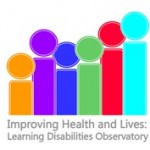
The researchers in this study set out to look at international comparisons at the European level in the health conditions and health risk factors of people with learning disabilities. They looked at people living in fully staffed residential services compared with those living in unstaffed family homes or independent houses with no formal support. The [read the full story…]



